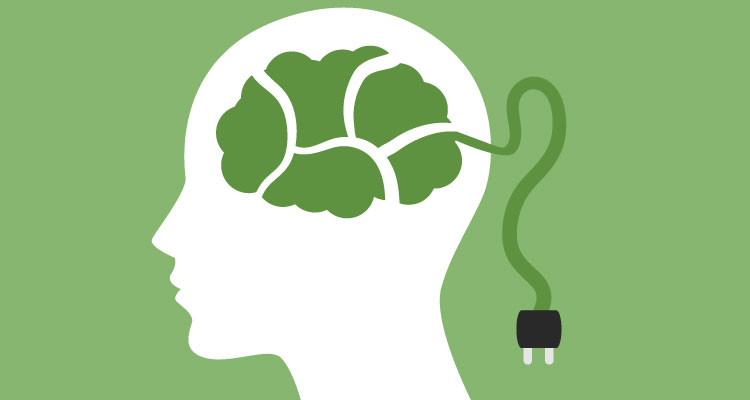As you work on your business, you’ll find that sometimes you experience what is known as “brain fog.”
This is a situation in which you might feel fuzzy and slow of thought. You can’t seem to remember things, or you have a hard time mustering the willpower to move forward. If you’re struggling, you probably want to reduce brain fog and get back to running your business more effectively.
There are a number of things that can cause brain fog, from medication to depression to the hormones running through your body during pregnancy (women!) to thyroid issues.
However, there are also some habits you engage in every day that might contribute to brain fog. The key is to recognize when some of your actions are resulting in brain fog — and then address them.
Here are three life hacks you can use to reduce brain fog:
Better Nutrition
First of all, the food you eat might be contributing to brain fog. Improve your eating habits, and you are more likely to think clearly.
In the last few weeks, I have reduced my sugar intake and my intake of simple carbs and starches. What a difference it’s made!
No, I haven’t completely given up sweets. I still enjoy a treat on occasion. However, I’ve reduced my carb intake by about 70%. Not only that, but I’ve switched to healthier proteins and increased the vegetables in my diet. I feel much better and think clearer.
You can also improve your brain function and reduce brain fog by “healing your gut” by eating (or avoiding) certain foods. When you clear up this gut-brain connection, you can think better and get back to better managing your business.
Get the Right Amount of Sleep
One of the biggest culprits when it comes to brain fog is lack of sleep. When you’re tired, you don’t think as well. One of the best things you can do for yourself — and your business — is get good sleep.
Try to get seven to nine hours of sleep a night, depending on your needs. You can also add meditation to your day. I find that when I meditate, especially in the afternoon, it helps me clear my mind and reduce brain fog.
However, even meditation isn’t a true substitute for a good night’s sleep. Try to set the conditions for sleep so you are rested, and your creativity comes through.
Exercise
Finally, make sure you’re getting enough physical activity. If you feel fuzzy, go for a brisk walk. You might be surprised at how 10 minutes of walking outside can reduce brain fog and give you a boost.
The boost is also emotional. You can improve your mood with regular exercise. I’ve upped my physical activity this year and I feel great. Plus, I sleep better at night when I’ve been active during the day.
All of these things lead to better health — and it’s no surprise that they also reduce brain fog and help you function better.
Once you get that brain fog situation solved, you’ll be more productive, handle stress better, and be able to take your business to the next level.













